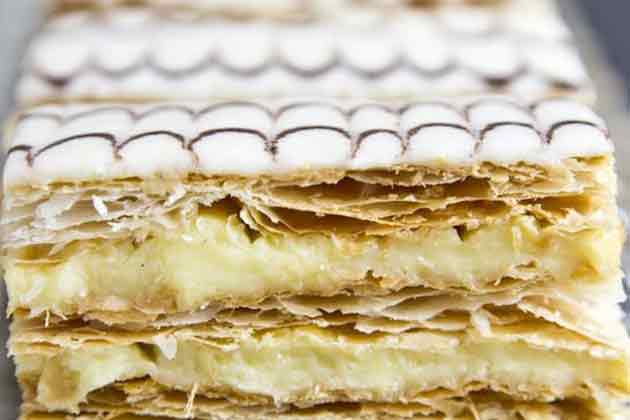Foods to Stay Away From if You're Watching Your Cholesterol
Cholesterol circulates in your blood, and we're taught that it's bad when your cholesterol is high. Well, there are two types of cholesterol: LDL "bad" and HDL "good." These two types matter a lot. Too much bad cholesterol or not enough good cholesterol can cause build up on the inner walls of your arteries. This makes it harder for blood to flow through your body.
Triglycerides linked to cholesterol and are the most common type of fat in the body. This fat is responsible for storing excess energy from your diet. A high triglyceride level combined with low HDL cholesterol or high LDL cholesterol can cause fatty buildups in your artery walls. In turn, this increases your risk of heart attack and stroke. If you're watching your cholesterol, getting the right amount of good fats can be incredibly essential for your diet.
It's recommended that your total fat intake should be 25 to 35 percent of your total daily calories. Less than seven percent of those calories should come from saturated or trans fats. The best fats you could eat are polyunsaturated and monounsaturated fats. These fats can help your heart and brain function.
Your risk for heart disease and other health problems increases if you have an HDL cholesterol level of 40 milligrams per deciliter (mg/dL) or less for men and 50 mg/dL or less for women. Total daily cholesterol intake should be less than 200 mg/dL, and LDL cholesterol should be less than 100 mg/dL. Avoiding certain foods can help lower your cholesterol. Foods that contain saturated fat are bad for a low-cholesterol diet. Trans fats are also dangerous because they raise LDL cholesterol and lower HDL cholesterol.
It can be pretty tough trying to eat a low-cholesterol diet, but we're here to help. These are some foods you should try to avoid if you're working on lowering your cholesterol levels.
Pastries

Most baked goods are loaded with sugar and most likely made with saturated fats or trans fats. Both of these are bad for your diet and heart.
(Image via Pinterest)

